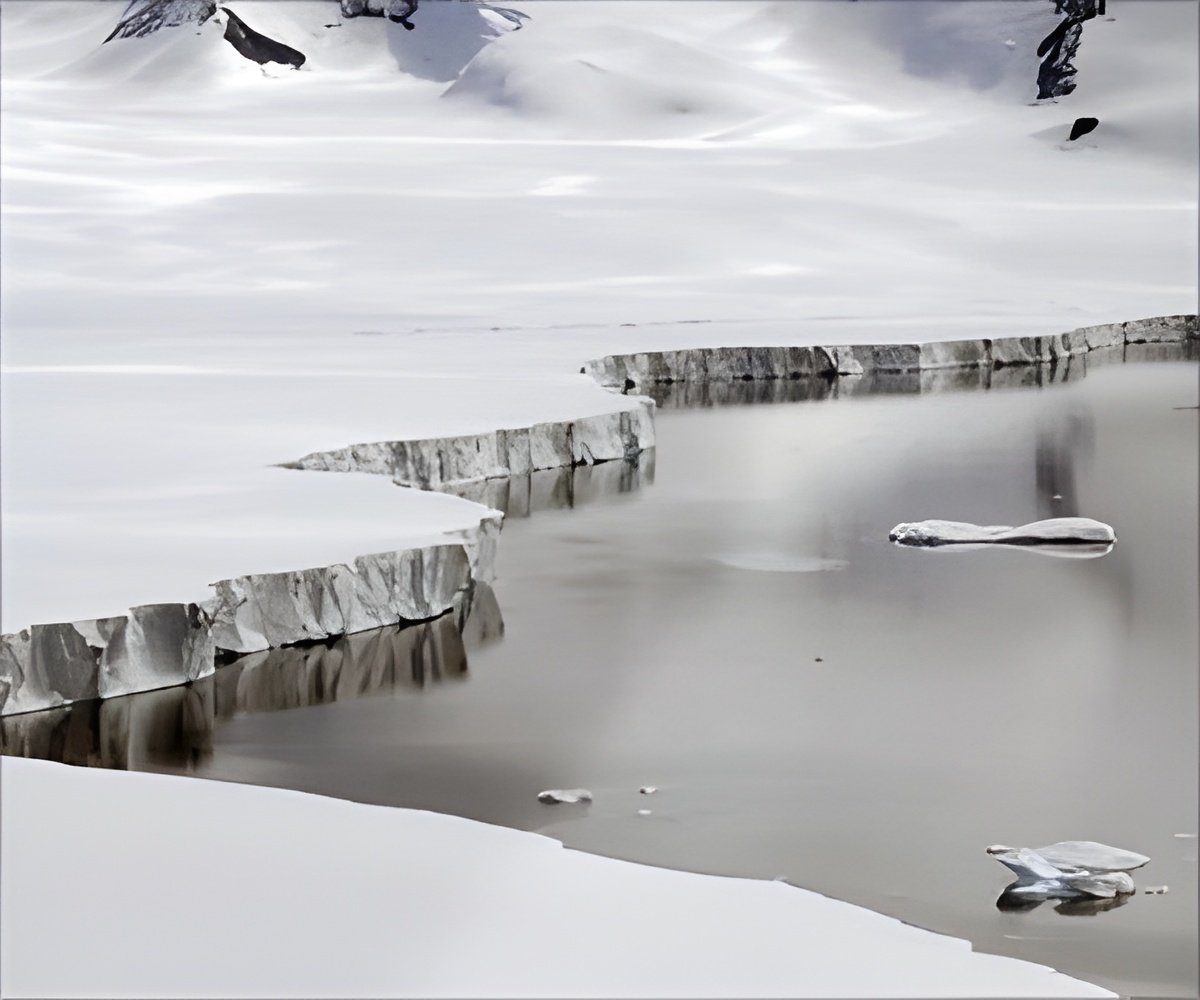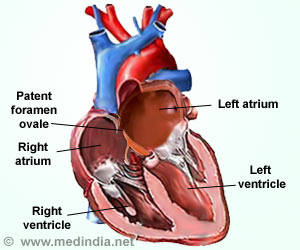By using advanced computer models, researchers from US and the Netherlands, explored the connection between methane emissions and loss of sea ice.

This stimulates the production of methane by micro-organisms in permafrost soils, which also drives the change towards a warmer climate.
"Our research shows that to understand the impact of climate change on the Arctic, the ocean and land cannot be viewed separately," Parmentier said.
Parmentier, together with researchers from the United States and the Netherlands, explored the connection between methane emissions and loss of sea ice by using advanced computer models.
"Sea ice decline is one of the most visible consequences of climate change, and has a tremendous impact on the Arctic climate. Since the 1990s, the Arctic has been losing sea ice at a tremendous rate - about 14 percent per decade," the researcher said.
"The expectation is that with further sea ice decline, temperatures in the Arctic will continue to rise, and so will methane emissions from northern wetlands", Parmentier added.
Advertisement







